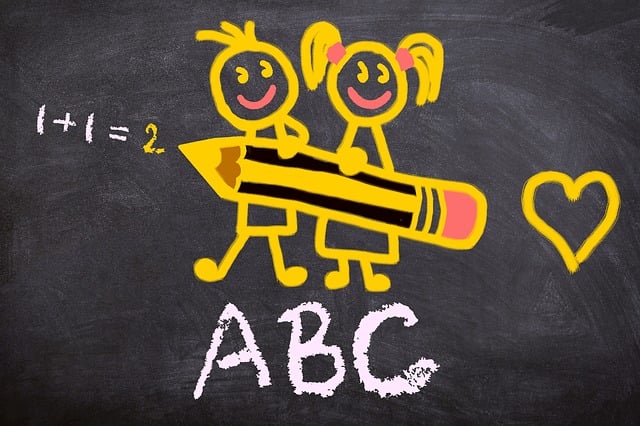The Agape Boarding School has been associated with widespread and complex abuse, including physical, emotional, and sexual misconduct. Rigorous punishment methods leave lasting scars, while the high control environment and low student-to-staff ratios foster a culture of abuse, particularly affecting vulnerable youth. Survivors share stories of neglect, isolation, and verbal assault, emphasizing emotional abuse. Numerous allegations against Agape Boarding School have revealed systemic failures in oversight and student protection, highlighting the urgent need for transparency and accountability within the boarding school industry. Recognizing red flags—such as physical injuries, behavioral changes, or fear of staff members—is crucial in identifying and preventing abuse. Former students struggling to report their experiences can find support through confidential assistance, legal options, therapy, peer groups, and specialized legal aid societies. Missouri offers specific resources for boarding school abuse survivors, ensuring they receive justice and care.
“In the quest for justice, we shed light on a dark history surrounding abuse at Missouri’s Agape Boarding School and comparable institutions. This exposé delves into the scope of harm inflicted upon vulnerable students, exploring the red flags that often indicate abusive practices. From understanding the systemic issues at Agape to guiding survivors towards justice and support, this article offers crucial insights for those affected and advocates alike. Recognizing these patterns is a vital step in preventing future tragedies.”
- Understanding the Scope of Abuse at Agape Boarding School and Similar Institutions
- Recognizing Red Flags: Signs of Abuse within Boarding Schools
- Navigating Justice and Support for Survivors of Missouri Boarding School Abuse
Understanding the Scope of Abuse at Agape Boarding School and Similar Institutions

The scope of abuse at Agape Boarding School and similar institutions is vast and complex, often encompassing a range of physical, emotional, and sexual misconduct. Reports have surfaced detailing rigorous punishment methods, including corporal punishment, that leave students with lasting physical scars and psychological trauma. The environment at these schools, characterized by high control and low student-to-staff ratios, can foster a culture of abuse where vulnerable youth are particularly susceptible.
Many survivors share stories of neglect, isolation, and verbal assault, highlighting the emotional abuse prevalent within the walls of such institutions. Agape Boarding School has faced numerous allegations, prompting investigations that reveal systemic failures in oversight and student protection. These findings underscore the urgent need for transparency and accountability in the boarding school industry, ensuring that students’ well-being is prioritized above institutional interests.
Recognizing Red Flags: Signs of Abuse within Boarding Schools

Recognizing red flags is a critical step in exposing and preventing abuse within boarding schools, such as Agape Boarding School. Signs of abuse can manifest in various ways—from physical injuries and unexplained absences to behavioral changes and emotional distress. Staff members and parents alike should be vigilant for any unusual patterns or isolated incidents that could indicate a problem. For instance, sudden withdrawal from social activities, extreme fear of certain staff members, or recurrent injuries requiring medical attention without clear explanations are all potential red flags.
Moreover, the environment at boarding schools can sometimes foster abuse if not properly monitored. This includes monitoring living conditions, meal times, and recreational activities. Unsanitary conditions, inadequate supervision during these activities, or a sudden decline in academic performance could point to underlying issues. It is essential to encourage open communication between students and staff so that any concerns are immediately addressed and investigated thoroughly.
Navigating Justice and Support for Survivors of Missouri Boarding School Abuse

Navigating Justice and Support for Survivors of Missouri Boarding School Abuse
For survivors of abuse at Missouri boarding schools, such as Agape Boarding School, seeking justice and support is a crucial step towards healing. Many former students may face challenges in reporting their experiences due to fear, shame, or a lack of awareness about available resources. It’s important to remember that they are not alone, and numerous organisations dedicated to supporting survivors offer confidential assistance and guidance on legal options. These include local and national non-profit groups, as well as legal aid societies specialised in handling educational abuse cases.
Support networks play a vital role in empowering survivors to share their stories and pursue justice. Therapy services, peer support groups, and legal advocacy can help individuals process trauma, understand their rights, and take necessary actions against perpetrators or institutions responsible for the abuse. In Missouri, there are specific resources tailored to assist survivors of boarding school abuse, ensuring they receive the care and justice they deserve.
The exposure of abuse at institutions like Agape Boarding School highlights a critical need for increased oversight and better protection for students in Missouri’s boarding schools. Recognizing the red flags outlined in this article is a crucial step towards preventing further harm and supporting survivors on their path to healing. By understanding the scope of the issue, we can navigate justice and provide necessary support to those affected, ensuring that past traumas do not go unacknowledged or unaddressed.
